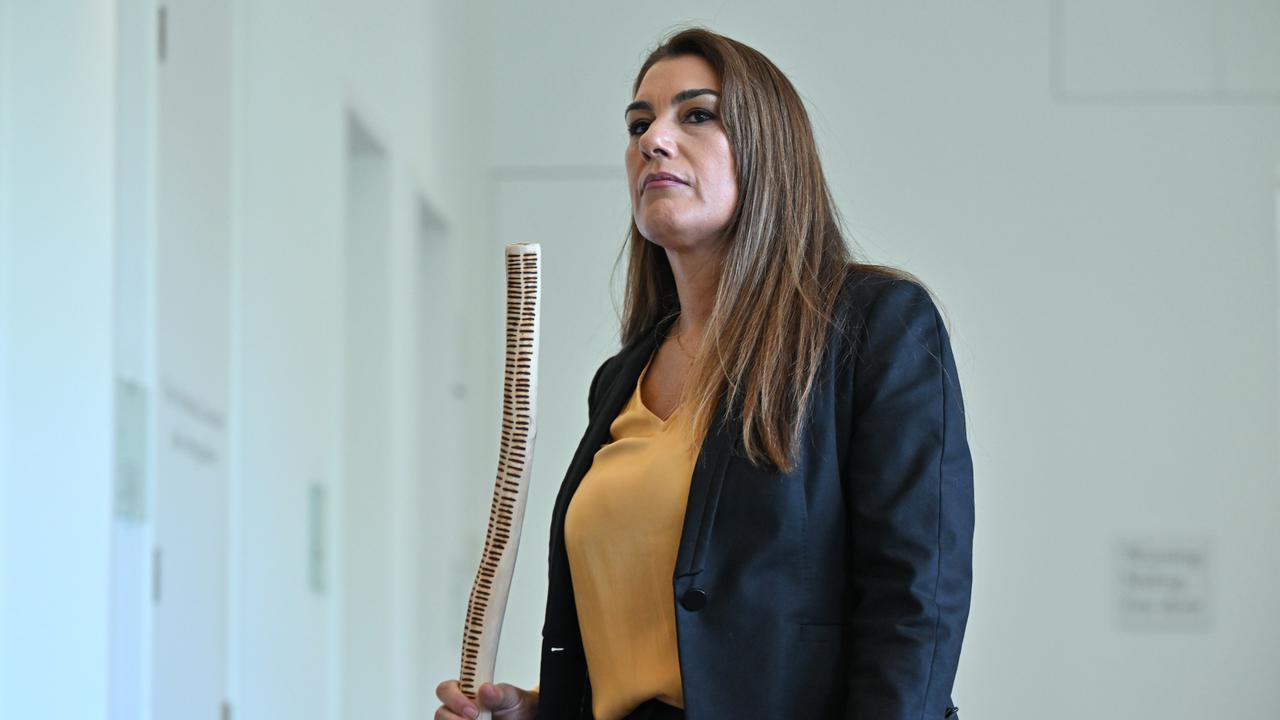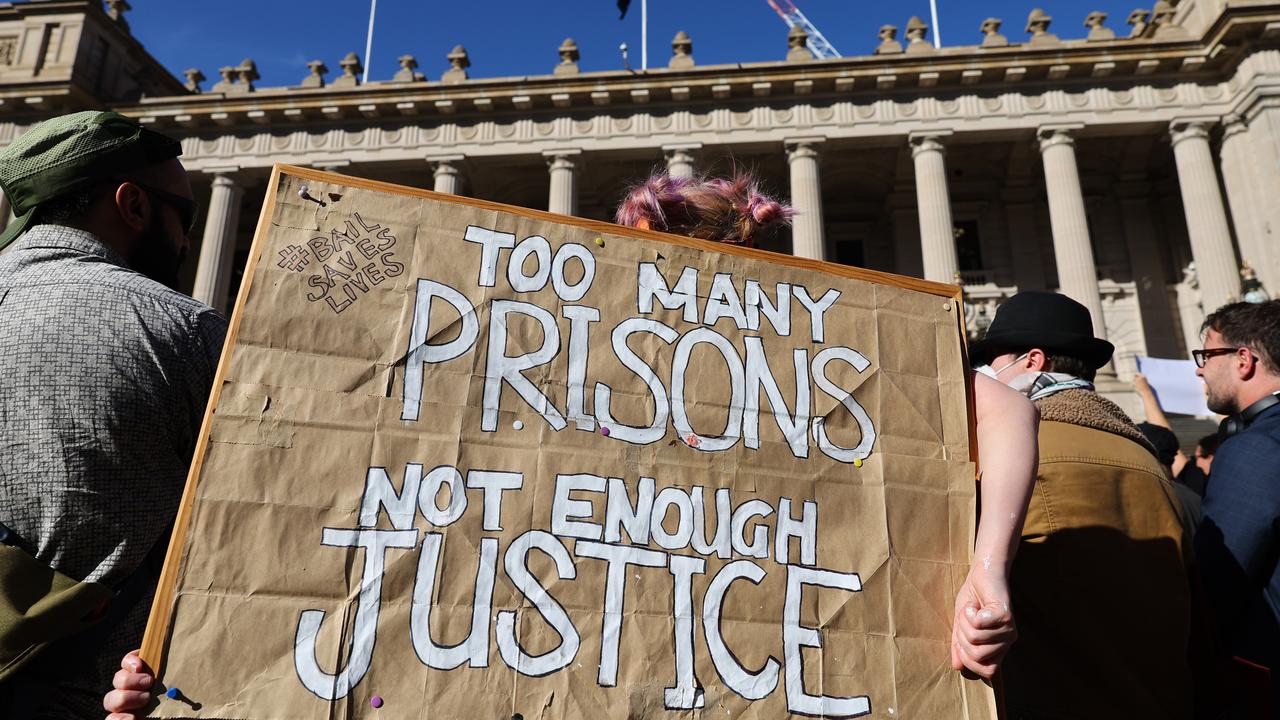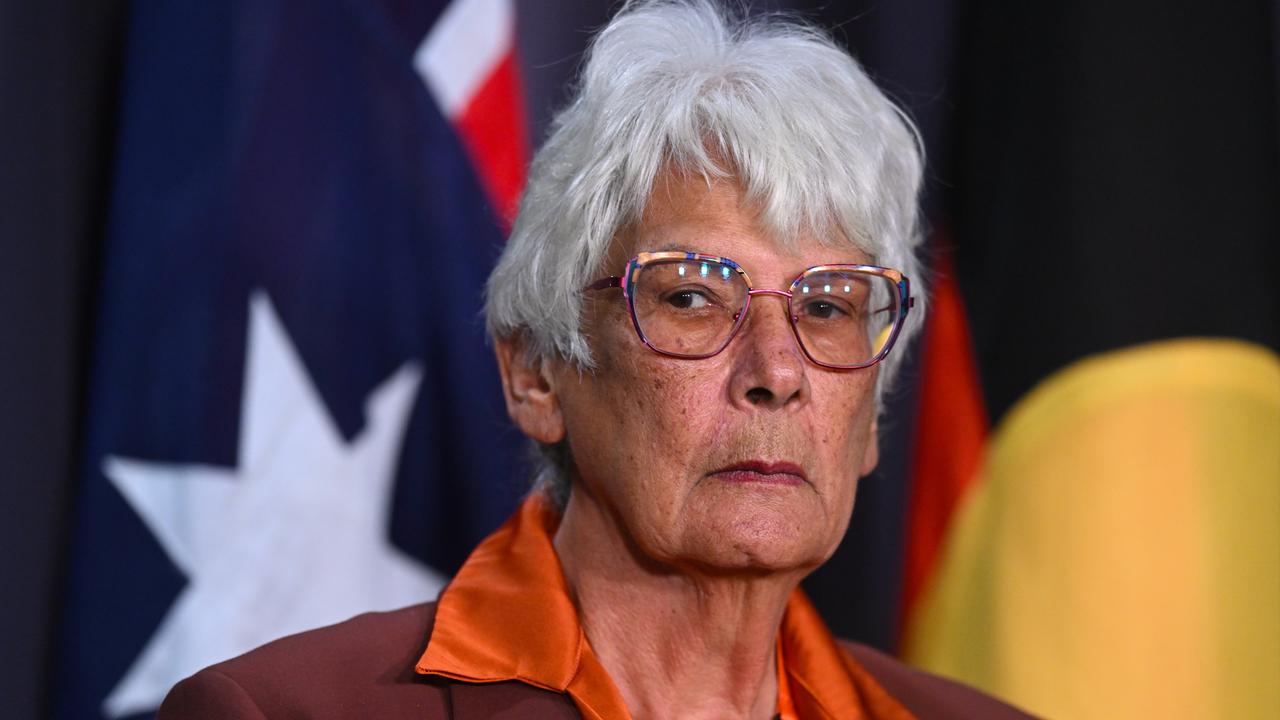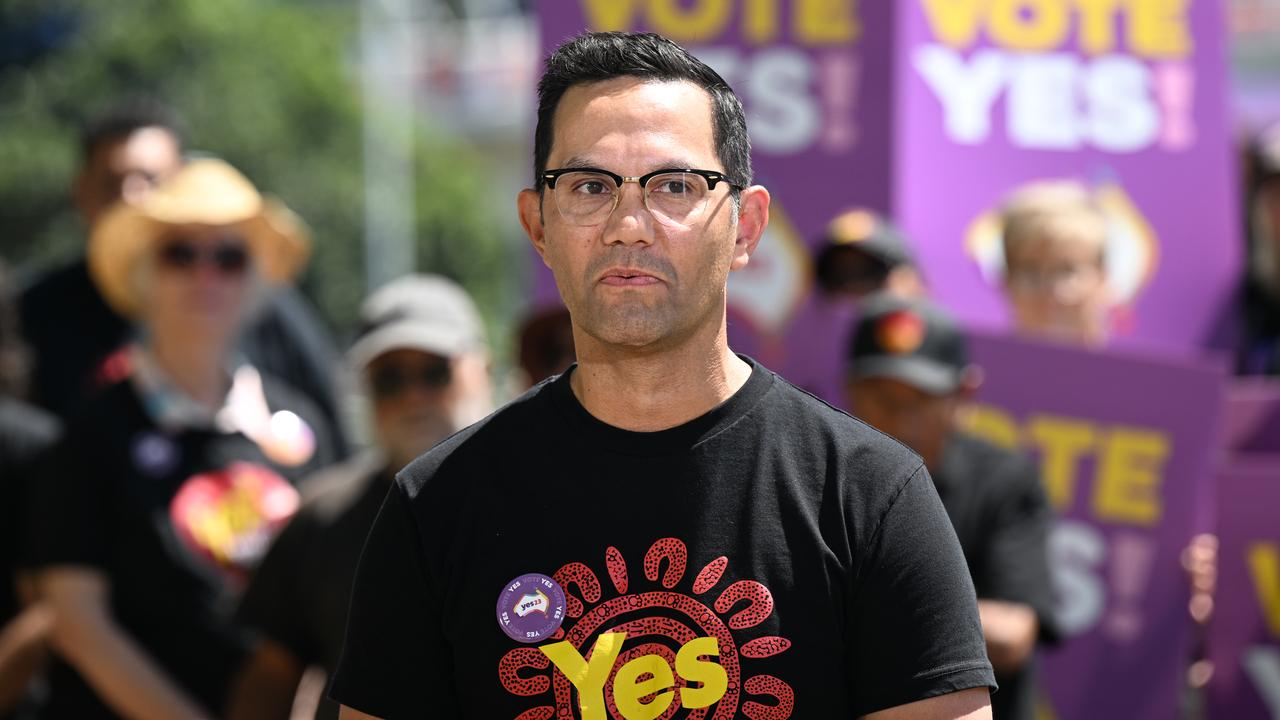
Failure to bring Indigenous people’s outcomes up to par with the rest of the community has led one outspoken senator to question the point of Closing the Gap targets.
The latest update from the Productivity Commission found just four of the 19 targets were on track to be met by 2031.
Closing the Gap targets are part of a national agreement aimed at reducing First Nations peoples’ disadvantage.
But with progress towards several key targets going backwards, independent senator Lidia Thorpe said there appeared to be no consequences for not Closing the Gap.
Key targets, including adult imprisonment rates, children in out-of-home care, suicide rates and childhood development are continuing to worsen.
While there have been improvements in Year 12 attainment, tertiary education levels and housing access, the measures were not on track to meet deadlines in six years’ time.
Catherine Liddle, chief executive of SNAICC – National Voice for our Children, said there had been improvements in areas where there had been partnerships between communities and the government.
She said the Closing the Gap figures showed there was a lack of follow-through from the government to address issues, rather than a lack of solutions.
“The update shows that when governments work in true partnership with Aboriginal and Torres Strait Islander communities, we see real change,” Ms Liddle said.
“Progress in areas like land rights and employment shows what’s possible when communities are empowered and governments step up.”
Ms Liddle added the same commitments should be shown to worsening targets, such as child protection and youth justice.
Indigenous Australians Minister Malarndirri McCarthy said work continued to turn around the targets.

“It is very concerning that we are still seeing outcomes worsening for incarceration rates, children in out-of home care and suicide,” she said.
“It’s important that state and territory governments all back in their commitments under the national agreement with actions that will help improve outcomes for First Nations people.”
Senator Thorpe called for urgent action to address Indigenous deaths in custody following the death of 24-year-old Kumanjayi White in Alice Springs in May.
She said the government has been paying “lip service” rather than following through on First Nations deaths in custody, which affected Australia’s ability to close the gap.
“What are we doing to address a national crisis? (Deaths in custody) has been a national crisis for 34 years and more,” Senator Thorpe told reporters.
“If there’s no consequences to not Closing the Gap, then what’s the point of having it year after year?”
Pat Turner, from the Coalition of Peaks, said governments must hold themselves to account for the commitments they’d made under the national agreement.

“That requires smart investment, longer-term flexible funding, and full implementation of the four priority reforms – shifting power, not just policy,” the lead convener of the Indigenous representative body said.
“Without a real power shift, we’ll keep seeing the same patterns repeat, and our people will continue to pay the price.”
Queensland Aboriginal and Islander Health Council chief executive Paula Arnol said the latest Closing the Gap report card was disappointing.
“It’s 2025 and Aboriginal and Torres Strait Islander people are still not experiencing the health outcomes that non-Indigenous Australians enjoy,” she said.
“This is unacceptable.”
Productivity commissioner Selwyn Button said the review showed the outcomes of the agreement were falling well short of what governments had committed to.

“What the outcomes in the agreement reflect most of all is the limited progress of governments in collectively acting on the priority reforms: sharing decision making and data with communities; strengthening the Aboriginal community controlled-sector and changing the way governments operate,” he said.
The findings come as Prime Minister Anthony Albanese is set travel to the Garma Festival in East Arnhem Land.
The four-day festival, the country’s largest Indigenous gathering, will begin on Friday.
13YARN 13 92 76
Lifeline 13 11 14
1800 RESPECT (1800 737 732)
Men’s Referral Service 1300 766 491